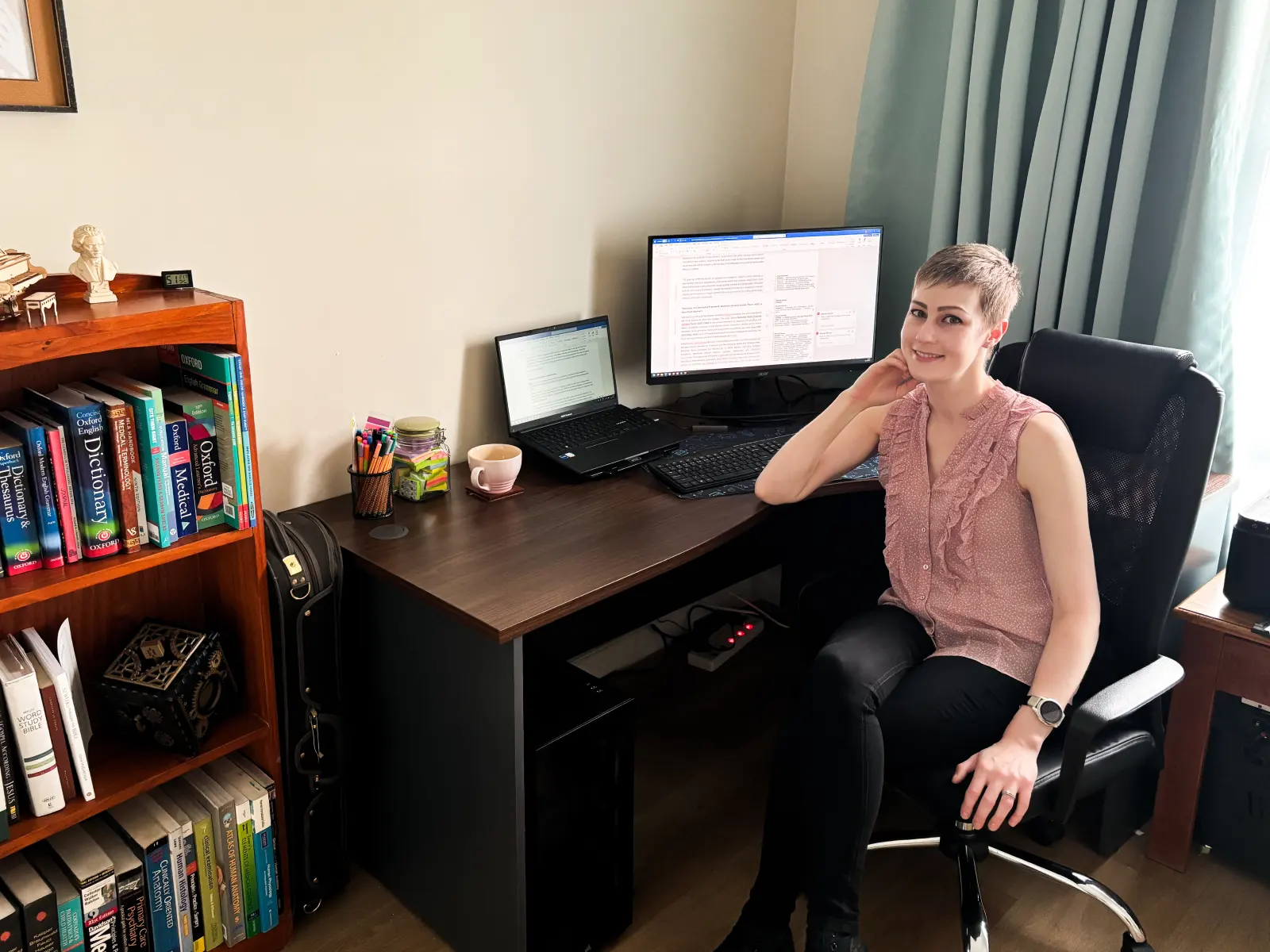Neural language models are transforming the future of writing. This piece unpacks what these models are and what the pros and cons of using AI mean for writers.
BY SAMANTHA SOUTHWOOD
All writers have experienced the frustration of sitting alone at a desk, waiting for inspiration to strike as an approaching deadline looms. But now, with the help of AI, the days of writers staring at a blank page for hours are over.
Neural language models are not just chatbots but rather curators that offer a world of endless ideas and knowledge, like a co-writer that never sleeps. All types of writers (from poets to journalists) can use this tool to shape their artistry.
What are neural language models?
Imagine having a high-powered writing assistant that is trained on millions of words from books, digital archives and the internet. Well, that is what these models are. Much like the human brain that learns through repeated experiences, models like ChatGPT, Chat-4 and Gemini learn by spotting patterns in language. They then use this data to predict what should come next. AI models can generate, translate, summarise and adapt text based on given prompts.
A professor of computational linguistics at the University of Washington, Dr. Emily Bender, and three co-authors published an article that states that these models are `systems which are trained on string prediction tasks´ but that they are merely `stochastic parrots´, unable to understand the meaning behind words. This is where human writers come in, able to add essential elements like emotion, passion and real-life experience.
Advantages of AI for writers
If you are a writer looking for a way to make the writing process easier, then look no further. AI is here to lend a hand. AI can help writers generate first drafts or outlines, suggest titles, rewrite sentences for tone or clarity, brainstorm ideas or angles and can also summarise content. Newspaper and global media companies like The New York Times have started using AI in parts of their process under the watchful eye of their journalists.

Disadvantages of AI
Despite its usefulness, AI raises some important concerns.
- Originality
A unique writer’s voice is important when wanting to stand out from millions of others. Language models use advanced algorithms to generate answers that are probable. Writers must make sure that they retain their distinctive style, tone and personality in the process. Read our blog post on how to be original as a writer for some handy guidelines.
- Ownership (copyright)
If a writer uses these models to generate the majority of their work, can they still claim ownership? The use of AI in writing complicates traditional views on ownership, and the writing community can become sceptical of AI-assisted work.
- Misinformation
AI can generate false information and make it seem factual. It is imperative that writers always fact-check their work when using these models.
The future of writing
Whether writers like it or not, AI is here to stay. Learning how to use it to their advantage is important. Going forward, writers not only have to write well, but also need to know how to write tailored prompts to generate a personalised response that best suits what they are looking for. Writers also need to apply their own judgment when editing AI-assisted work. The writing process will become redefined, working together with AI to create something human and meaningful.
Is AI a threat to writers?
The idea of collaborating with AI can be unsettling, especially with the notion that it threatens the future of traditional writing careers. Luckily, this is not the case, as readers will always crave a story that is human at its core. AI can be an asset if writers learn how to leverage it. However, writers must make sure not to depend too heavily on it, because they can lose their individuality. If you are worried about how to keep up, read the article on how to stay relevant as a writer on our blog.
The power of technology is growing daily, and the best way forward for writers is to take advantage of this. Writers do not have to be afraid of AI. Invite it in – just make sure to remember who is holding the pen.
About the author

Samantha Southwood is a freelance journalist with a passion for writing on topics such as music, fashion and culture. She is currently completing a freelance journalism course at SA Writers’ College. Although she is new to the writing scene, she recently founded “Disrupted”, a brand for edgy, modern writing. Sam is driven by a curiosity for culture shifts and likes to explore youth-led movements.












